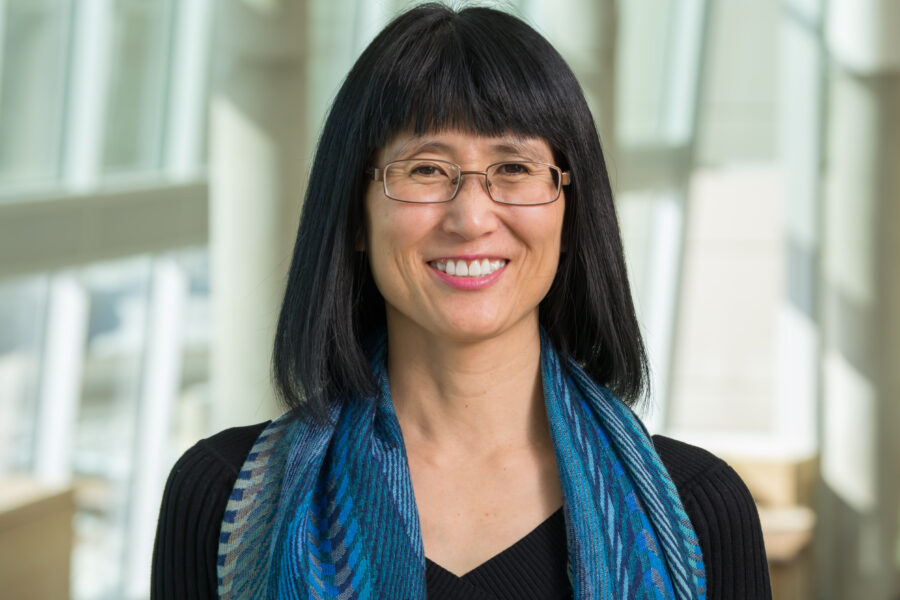In October, UNMC’s Shinobu Watanabe-Galloway, PhD, addressed the President’s Cancer Panel, a federal advisory committee that monitors the activities of the National Cancer Program and reports to the U.S. president on barriers to progress in reducing the burden of cancer. .
Dr. Watanabe-Galloway is associate director of the Fred & Pamela Buffett Cancer Center Community Outreach and Engagement, as well as the Dr. Tim Hawks Chair in Cancer Prevention and Population Science in the UNMC Department of Epidemiology.
The President’s Cancer Panel this year is conducting a series of public meetings to discuss the current landscape of patient navigation. The committee’s goal is to identify opportunities related to the use of technology to support navigation of cancer patients and eliminate inequities accessing timely and high-quality cancer care.
“As someone who studies the integration of mobile apps in health care settings, I am excited to be part of this panel,” Dr. Watanabe-Galloway said at the time of the announcement. “We have started seeing an increasing use of technology in health care settings. Patient navigation is one of the evidence-based interventions – it will be interesting to see how we can integrate technology (e.g., apps) into the patient navigation intervention to increase access to quality cancer care.”
Kenneth Cowan, MD, PhD, director of the Fred & Pamela Buffett Cancer Center at the time of the announcement, said Dr. Watanabe-Galloway’s colleagues were pleased to see that she had been invited to panel.
“In her community engagement role at the Fred & Pamela Buffett Cancer Center, Dr. Watanabe-Galloway has been working with communities across the state to identify barriers and develop strategies, including the use of technology, expansion of access to clinical trials and the development of patient navigation programs, such as the one recently started here by Dr. Juan Santamaria, to increase access to quality cancer care across Nebraska and beyond,” Dr. Cowan said.
In October, Dr. Watanabe-Galloway participated in an in-person meeting of the panel in New Orleans. The meeting was the first of a series – Reducing Cancer Care Inequities: Leveraging Technology to Enhance Patient Navigation.
Information gathered during the meeting series will guide the development of the panel’s report to the president and recommendations to relevant stakeholders. In the past, panel reports have been used widely by other National Cancer Program stakeholders, both public and private, to highlight barriers and push for change based on the panel’s recommendations.
